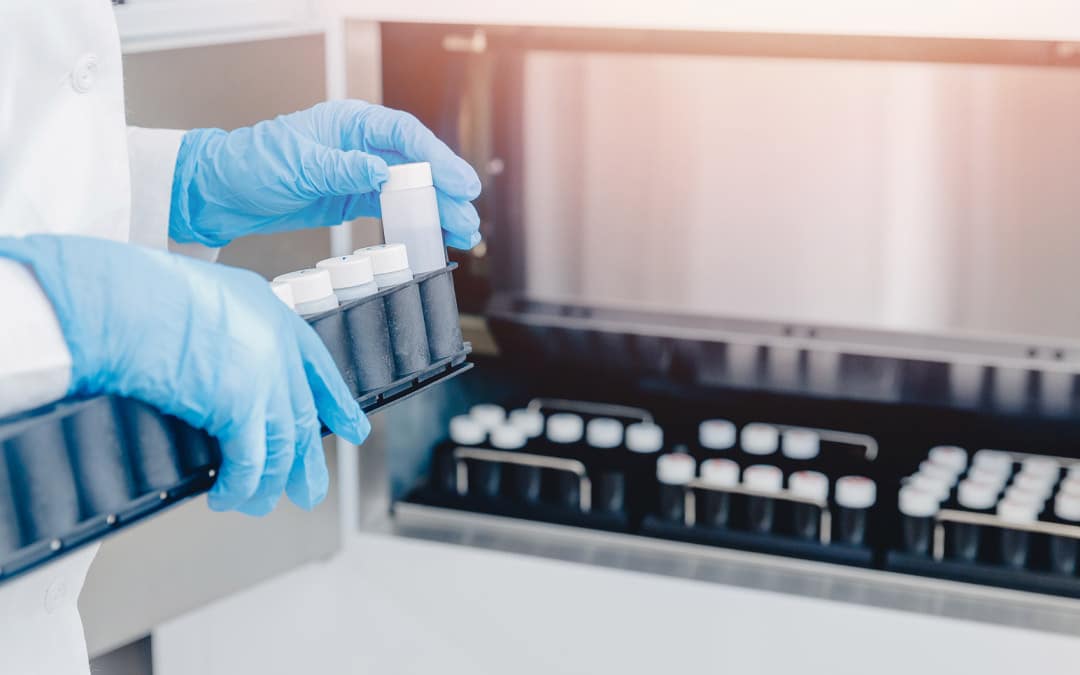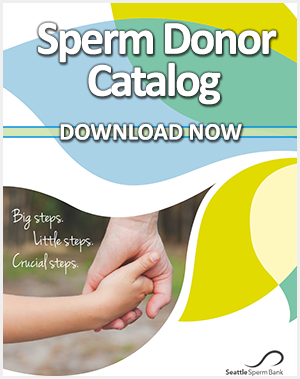
When people think about sperm banking, the conversation often gets pulled in two directions: the deeply personal hopes of families who turn to it as part of their path to parenthood, and the ethical questions raised by using donor gametes in the first place. At Seattle Sperm Bank, we believe those two conversations belong together. The science and logistics matter, but so do the values, compassion, and ethical frameworks that guide every step of our work.
Ethics, for us, isn’t an afterthought. It is the foundation of how we operate and why families trust us. From informed consent to transparency in donor selection, we are committed to principles that place dignity, respect, and safety at the center.
Informed Choice: Transparency as the First Step
One of our strongest beliefs is that choice must be informed. Every donor, every recipient, and ultimately every donor-conceived person deserves clear and accessible information about what donor conception involves. This begins with open conversations, not just about the medical process, but about the emotional, social, and ethical dimensions that may follow.
That’s why we dedicate resources to education, counseling, and clear policies. We want families to feel empowered by knowledge, not overwhelmed by uncertainty. In fact, our commitment to reframing the narrative around sperm donation is rooted in the idea that the process should feel positive, transparent, and respectful for everyone involved.
Unfortunately, the history of gamete donation includes examples where secrecy or limited information created complications years later. Ethical practice requires us to move beyond that. We provide extensive donor profiles, detailed medical and family histories, and open communication about the rights and responsibilities of all parties.
Anonymity, Identity, and Accountability
Few topics in reproductive medicine spark as much debate as anonymity. Should donor-conceived children have the right to know their donor’s identity? What obligations do sperm banks have to protect donor privacy while also honoring the future autonomy of children born through donation?
The American Medical Association’s Code of Ethics has addressed these questions, noting that anonymity has long been part of sperm banking but that societal expectations are shifting. Many donor-conceived adults express a desire for greater openness, while donors themselves may have varying comfort levels regarding future contact.
Our team does not see this as an either/or issue. We respect the privacy and preferences of donors while also supporting families who wish to pursue an Open ID donor, meaning their child may choose to make contact once they turn 18. We are clear and transparent about these policies with everyone involved. Anonymity is never treated as a loophole; it is a choice with boundaries, accountability, and context.
Rigorous Screening: Ethics in Practice
Ethical responsibility also means rigorous medical, genetic, and behavioral screening, not just once, but on an ongoing basis. Donors are more than numbers in a system. They are individuals who commit to a process that involves medical testing, a review of their family history, and periodic updates.
Every donor who works with us goes through detailed genetic screening, including carrier panels and medical evaluations, and their health information is continually monitored. This level of vigilance is not simply about meeting regulatory requirements. It’s about ensuring that families can move forward with trust and confidence. The American Society for Reproductive Medicine (ASRM) has emphasized that the ethical obligations of sperm banks extend to protecting donors, recipients, and donor-conceived individuals through consistent oversight. That is exactly why we invest so deeply in our testing and monitoring systems.
Rights and Responsibilities
The ethics of sperm banking also hinge on balancing rights and responsibilities. Donors have the right to privacy and to limit their role to genetic contribution. Families have the right to thorough information that allows them to make meaningful choices. Donor-conceived individuals have the right to accurate medical history, and when possible, the opportunity to access identifying information if their donor chose an Open ID option.
This triad of rights requires respect, nuance, and clear communication. At Seattle Sperm Bank, we see our role as stewards of that balance. We are here not only to provide vials but also to safeguard the dignity of everyone involved.
Beyond Transactions: Our Purpose
There is another ethical question that often arises: Is sperm banking just a business? For us, the answer is simple: no. While we operate professionally and with the infrastructure of a business, our mission is not transactional. It is relational.
Families come to us at some of the most vulnerable and hopeful moments of their lives. They are trusting us with a piece of their future. That trust demands that we hold ourselves to higher standards, scientifically, ethically, and personally. As we share in our Why Use Us philosophy, our work is grounded in care, compassion, and the belief that family building should always be safe, supported, and celebrated.
Why Ethics Matter
The ethics of sperm banking may seem abstract, but its impact is tangible. When ethics are prioritized, donors feel secure, families feel supported, and children grow up with fewer unknowns and more confidence in their stories. Research published in Human Reproduction has shown that clear guidelines and openness around gamete donation help minimize psychological distress and foster healthier family dynamics. Similarly, ASRM’s ethics committee notes that the long-term well-being of donor-conceived individuals is a responsibility that belongs to the entire reproductive medicine community.
Ethics, then, are not optional; they are the backbone of responsible sperm banking. They ensure that the process is not just safe and legal, but compassionate, transparent, and empowering.
Closing Thoughts
At Seattle Sperm Bank, we don’t view ethics as a set of restrictions. We view them as a framework for dignity, respect, and hope. By centering informed consent, transparency, responsible anonymity, rigorous screening, and relational purpose, we are proud to serve families with integrity.
Sperm banking is not just about biology; it is about belonging. It is about making sure that every donor, every parent, and every donor-conceived child feels respected, supported, and seen. And that is the most ethical commitment of all.

